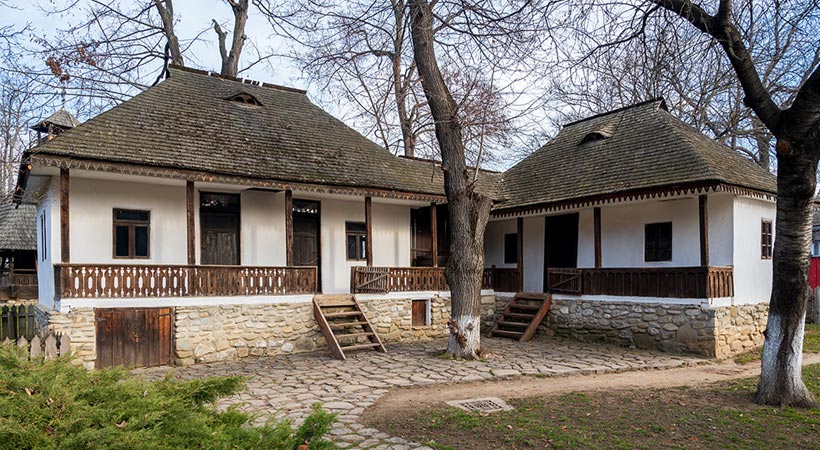A Partition Deed is a legal document used to divide jointly owned property among co-owners, typically family members. Whether the property is inherited or jointly purchased, a registered Partition Deed legally defines each person’s share and helps update property records accordingly. It avoids ambiguity and ensures a smooth division of assets.
Our Process
Chose your required Service and Pay on our website

Send required documents to us when asked

Stay updated until the work is finished

Receive the Deliverables Soft copy and Hard Copies

How a Partition Deed Works
A Partition Deed legally transfers specific portions of a jointly owned property to each co-owner. It defines the extent, boundaries, and title of each person’s share. Once registered, it updates the ownership records, making each co-owner an independent owner of their allotted portion. This prevents disputes, simplifies taxation, and allows for independent sale or transfer of shares.
Documents Required for Partition Deed
- Identity and address proof of all co-owners
- Property documents (title deed, sale deed, gift deed, etc.)
- Proof of joint ownership or inheritance
- Encumbrance certificate (if applicable)
- Latest tax receipt or khata certificate
- Existing agreements or family settlements (if any)
- Draft terms of partition (if already decided)
- PAN card (for stamp duty and registration)
Deliverables
- Consultation with property law expert
- Draft Partition Deed tailored to your case
- Legal clauses for share allocation, possession, and mutation
- Coordination for stamp duty and registration (if opted)
- Guidance on property mutation and record updates
- Final document in printable and digitally shareable format
- Two rounds of revisions (if needed)
How It Works
1
Understand Your Property Details
Share details of the co-owners, nature of ownership, and property documents.
2
Provide Terms of Partition
Let us know how you wish to divide the property. If undecided, we’ll help you define it legally.
3
Drafting the Deed
A lawyer will prepare the Partition Deed with all necessary legal clauses.
4
Review & Finalize
You review the draft and suggest changes, if any.
5
Registration Assistance
If required, get help with stamp duty and registering the deed at the sub-registrar’s office.
How a Partition Deed Works
A Partition Deed legally transfers specific portions of a jointly owned property to each co-owner. It defines the extent, boundaries, and title of each person’s share. Once registered, it updates the ownership records, making each co-owner an independent owner of their allotted portion. This prevents disputes, simplifies taxation, and allows for independent sale or transfer of shares.
What is a Partition Deed?
A Partition Deed is a legal instrument executed by co-owners of a jointly held property to divide it among themselves. It could be residential, commercial, or agricultural land. The deed records each co-owner’s share, the manner of division, and binds all parties to the agreed terms. It is most commonly used in families to divide ancestral or jointly inherited property.
Why Should You Make a Partition Deed?
- Avoid Disputes – Prevents future conflicts over property ownership or usage.
- Clear Ownership – Legally defines each co-owner’s share and rights.
- Enables Sale/Transfer – Co-owners can independently sell or manage their share.
- Legal Record – Registered Partition Deeds are legally recognized and enforceable.
- Smooth Mutation Process – Facilitates change in property records and tax liability.
- Inheritance Simplification – Reduces complications in succession planning.
Partition Deeds in India
Partition Deeds are governed by the Indian Succession Act, Hindu Succession Act, and Transfer of Property Act, depending on the type of property and religion of the parties involved. Registration of the Partition Deed is mandatory under the Registration Act, 1908 if the deed involves immovable property. Stamp duty and registration charges vary by state. Once registered, the deed serves as conclusive evidence of ownership and can be used for mutation in government records.
Frequently Asked Questions
Yes. If it involves immovable property, registration is mandatory for the deed to be legally enforceable.
Oral partitions are legally recognized in certain cases but are difficult to prove in court. Written and registered deeds are always advisable.
In such cases, you may need to file a partition suit in a civil court.
Yes. Agricultural, residential, and commercial properties can all be partitioned with legal documentation.
It can be shared by all parties or borne by one, as mutually agreed. Stamp duty varies by state.
Drafting takes 3–5 working days. Registration timelines depend on local sub-registrar office availability.

